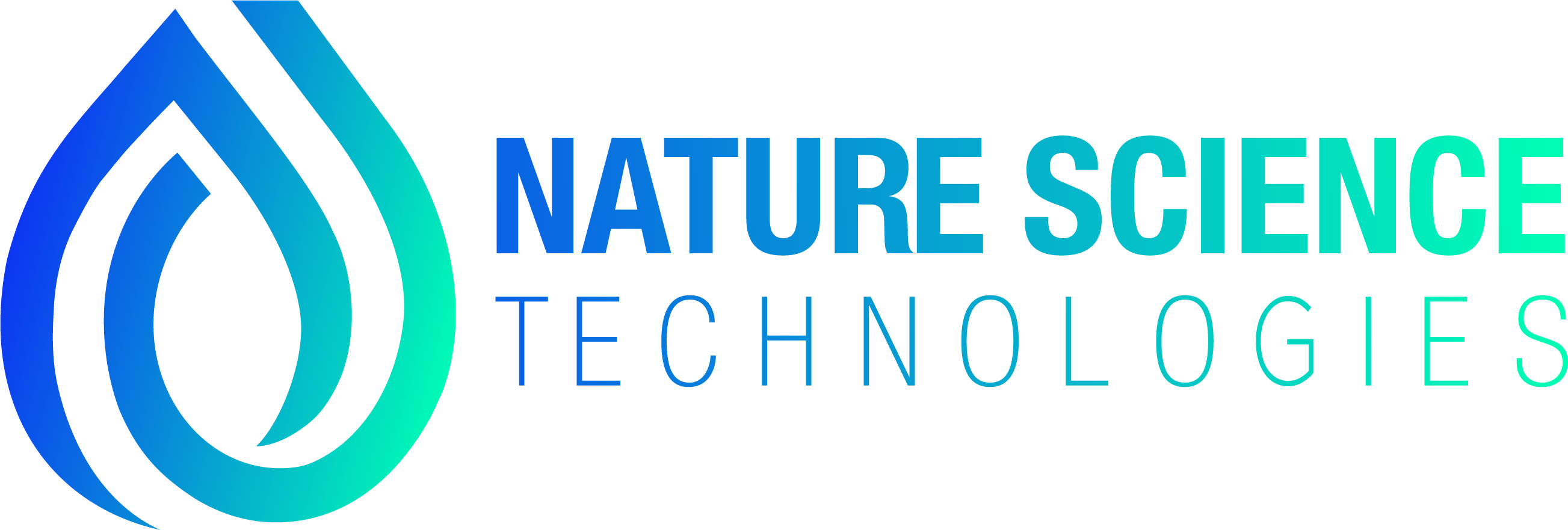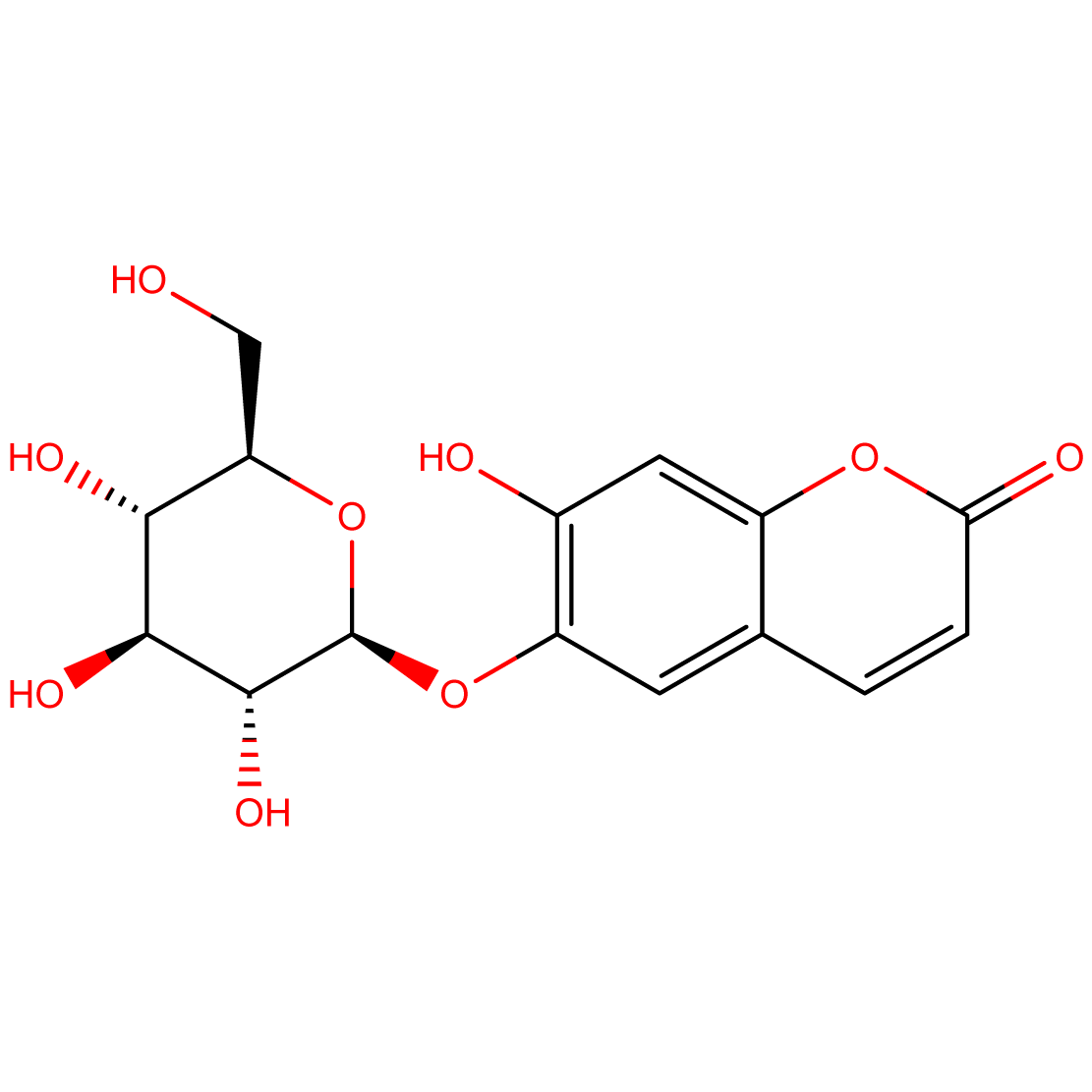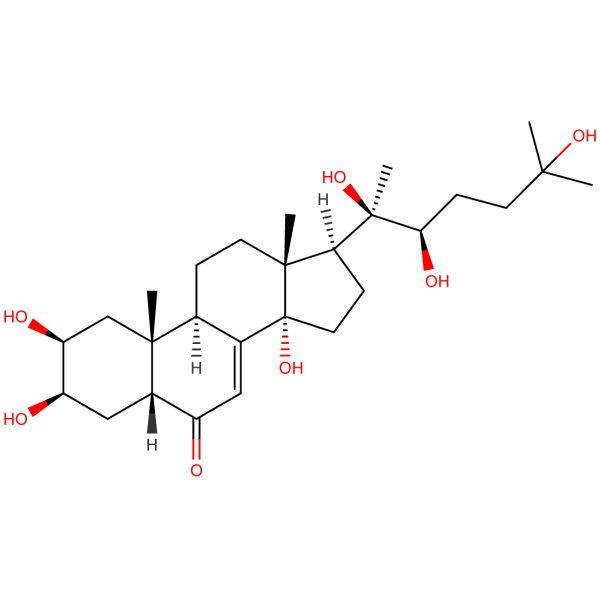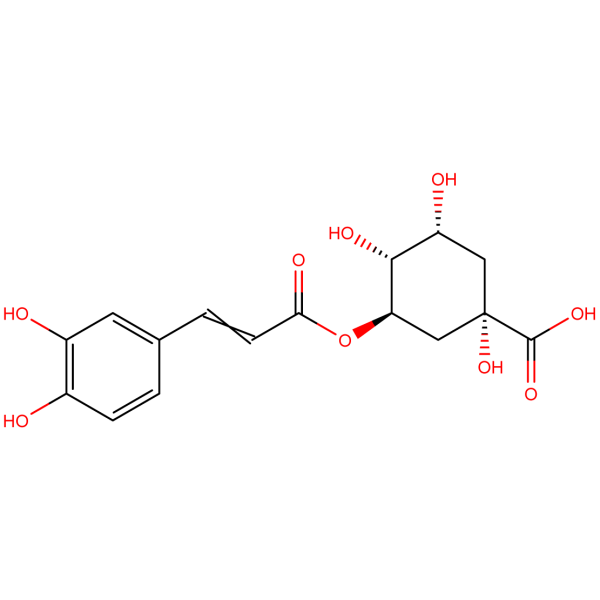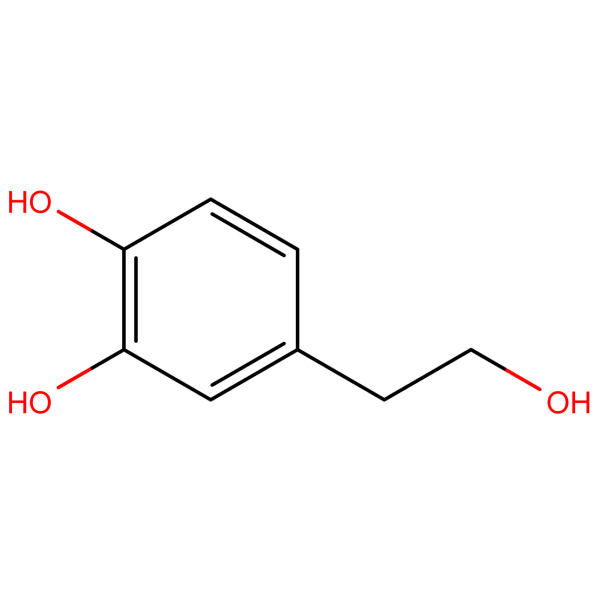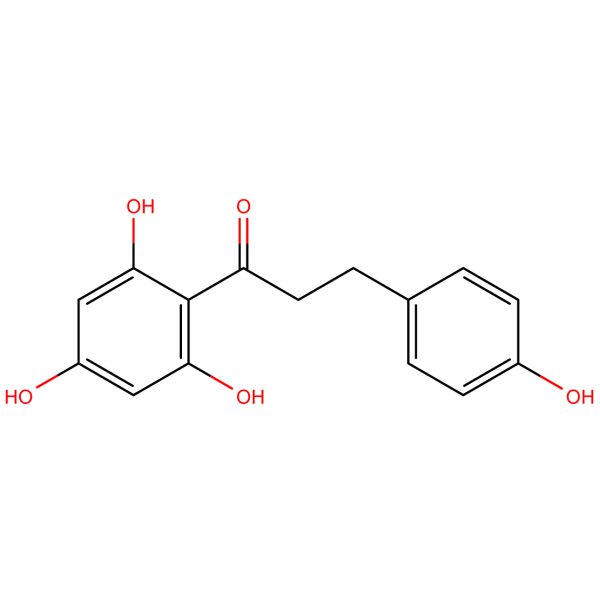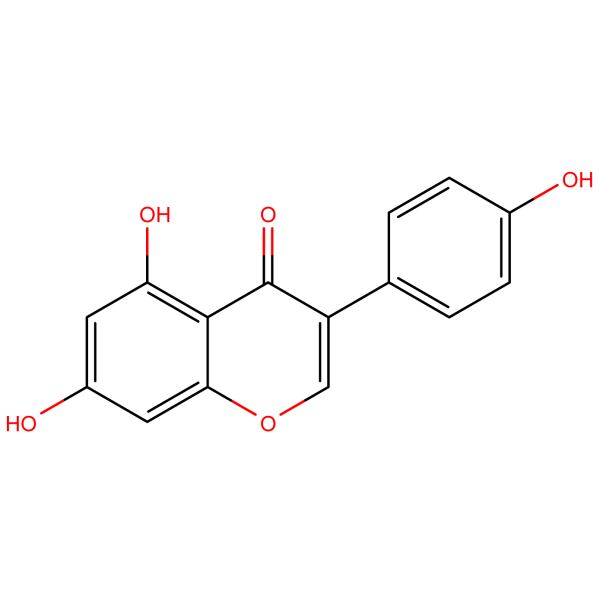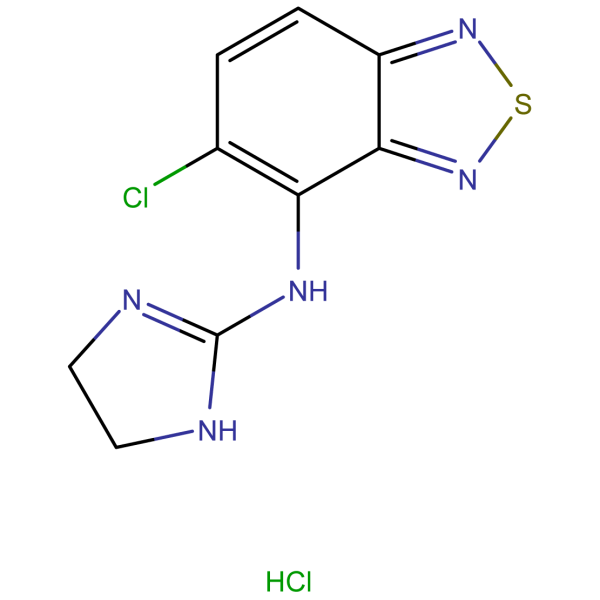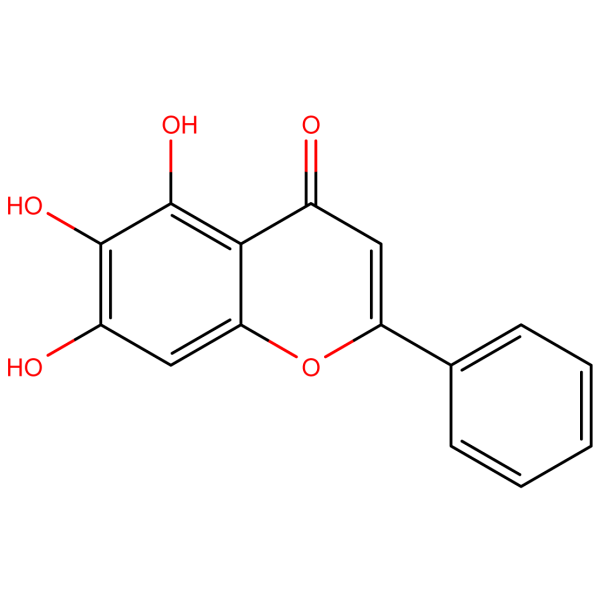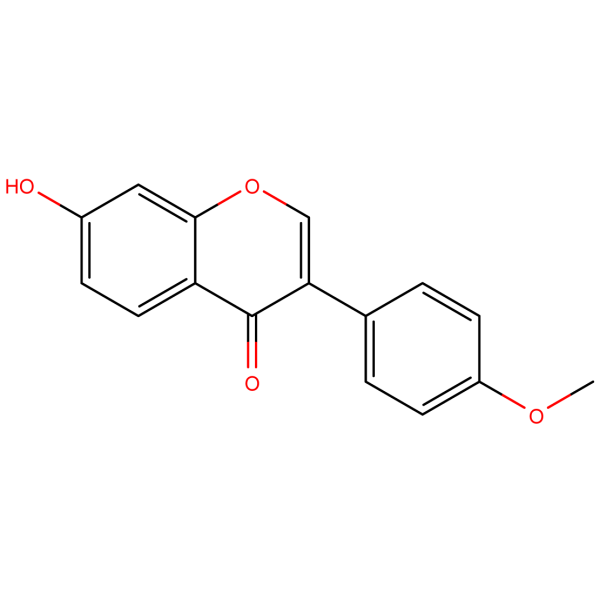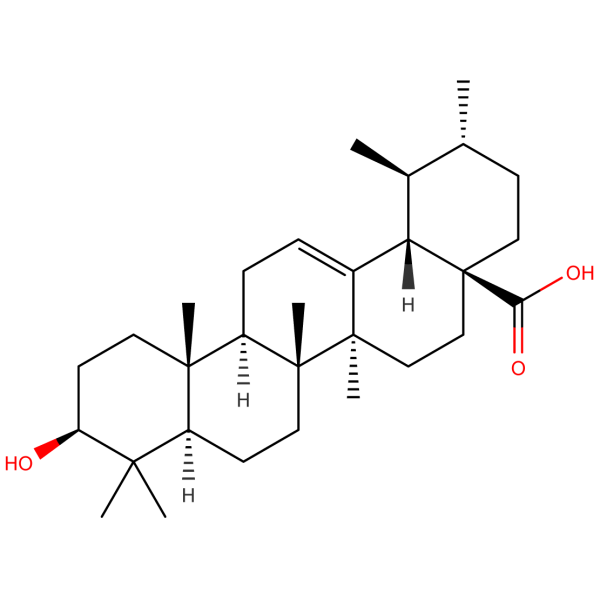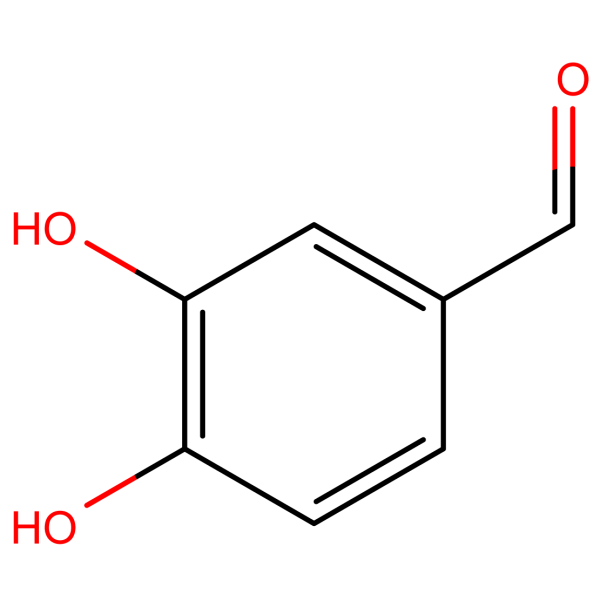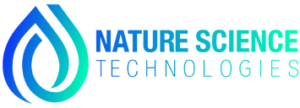Esculin: Versatile Coumarin Glycoside for Advanced Biomedical Research
1. Molecular Identity
- Chemical Name: 6-(β-D-Glucopyranosyloxy)-7-hydroxy-2H-1-benzopyran-2-one
- CAS Number: 531-75-9
- Source: Naturally occurring in various plants, particularly in the bark of horse chestnut (Aesculus hippocastanum)
2. Biochemical Significance
Esculin is a coumarin glycoside with unique fluorescent properties and diverse biological activities. Its distinctive molecular structure contributes to its potential therapeutic properties and makes it a valuable tool in biochemical research and pharmaceutical applications.
3. Key Properties of Esculin
- Fluorescent: Exhibits strong fluorescence, useful in various analytical applications
- Vasoprotective: Shows potential in supporting vascular health
- Antioxidant: Demonstrates free radical scavenging activity
- Anti-inflammatory: Indicates ability to modulate inflammatory responses
4. Potential Research Applications
- Fluorescence-based assays and imaging studies
- Vascular permeability and endothelial function research
- Antioxidant and anti-inflammatory investigations
- Phlebological studies and venous insufficiency research
5. Current Research Focus
Ongoing studies are investigating Esculin’s effects on:
- Capillary fragility and vascular tone
- Oxidative stress-related cellular damage
- DNA damage detection using its fluorescent properties
- Potential applications in ophthalmology
6. Formulation Challenges and Innovations
Researchers are actively working on:
- Enhancing bioavailability and stability in various formulations
- Developing targeted delivery systems for improved efficacy
- Creating novel fluorescent probes based on Esculin’s structure
7. Regulatory Considerations
Esculin (CAS 531-75-9) is primarily used in research settings. Its use in specific therapeutic applications would require comprehensive safety and efficacy evaluations to meet regulatory standards.
8. Future Research Directions
The scientific community anticipates:
- Advanced studies on Esculin’s role in vascular health and disease
- Exploration of its potential in developing new diagnostic tools
- Investigation of structure-activity relationships for optimized derivatives
9. Collaborative Opportunities
We invite biochemists, pharmacologists, vascular researchers, and academic institutions to explore the research potential of Esculin. For inquiries, collaborations, or to discuss how this compound can benefit your research projects, please contact us at sales@nstchemicals.com.
Join us in advancing biomedical research with Esculin – a versatile coumarin glycoside at the intersection of analytical chemistry and vascular health studies.
